TOP IDEAS
Treatments
Treatment Areas
He has the requisite knowledge and the expertise not only to address a diverse set of mental and psychological problems but also to prevent them. As a trained Neuropsychiatrist, he is also familiar with the latest advancements in the related field of Neuropsychiatry.
Specialisation: Neuropsychiatry, general adult psychiatry, child psychiatry, old age psychiatry, de-addiction, sexual health medicine, depression and anxiety management.
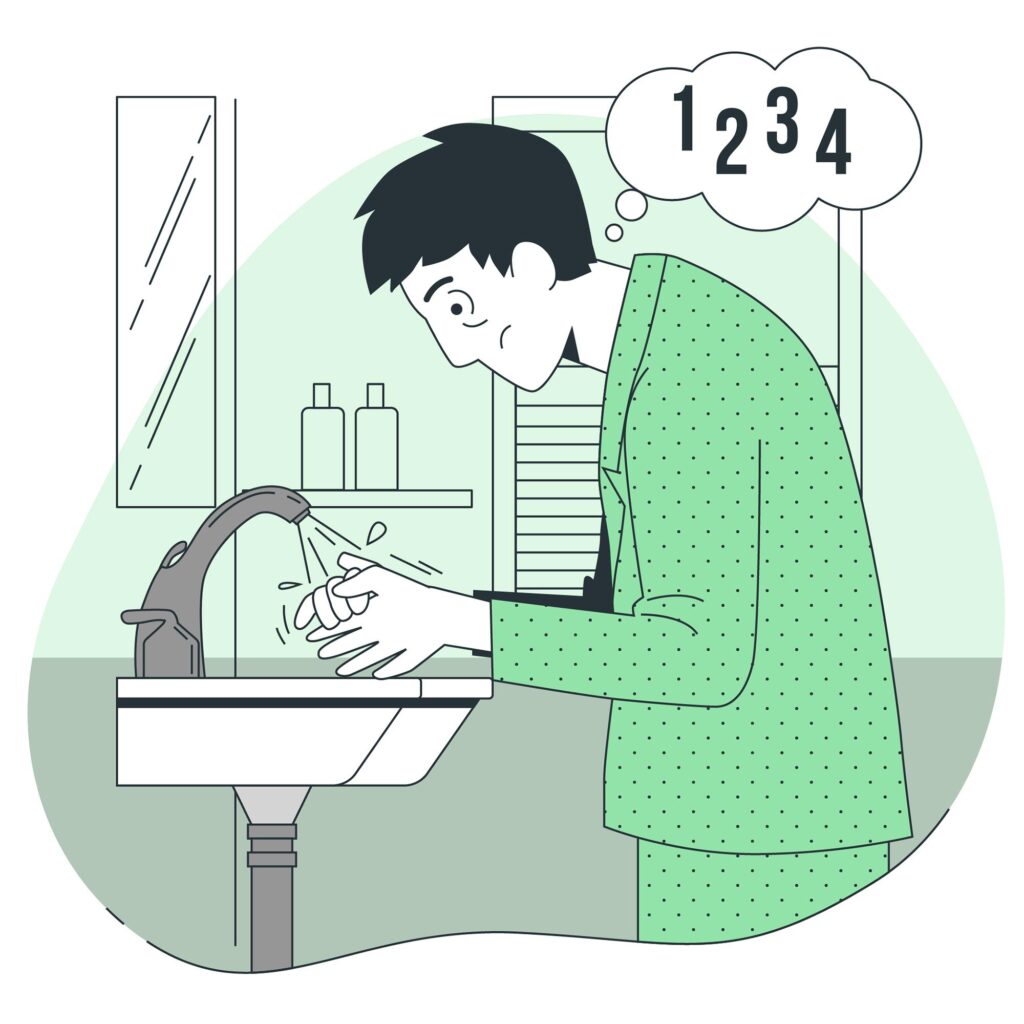
Obsessive-compulsive disorder (OCD)
Obsessive-compulsive disorder (OCD) is a mental health disorder characterized by recurrent, unwanted thoughts (obsessions) and/or repetitive behaviors (compulsions). Treatment typically involves a combination of medication, therapy, and lifestyle changes.
Abnormal, unusual & strange behaviour
Abnormal, unusual & strange behavior deviates from the norm. Examples include compulsions, delusions, isolation, aggression, and bizarre speech. Treatment involves assessment & therapy/medication/lifestyle changes.
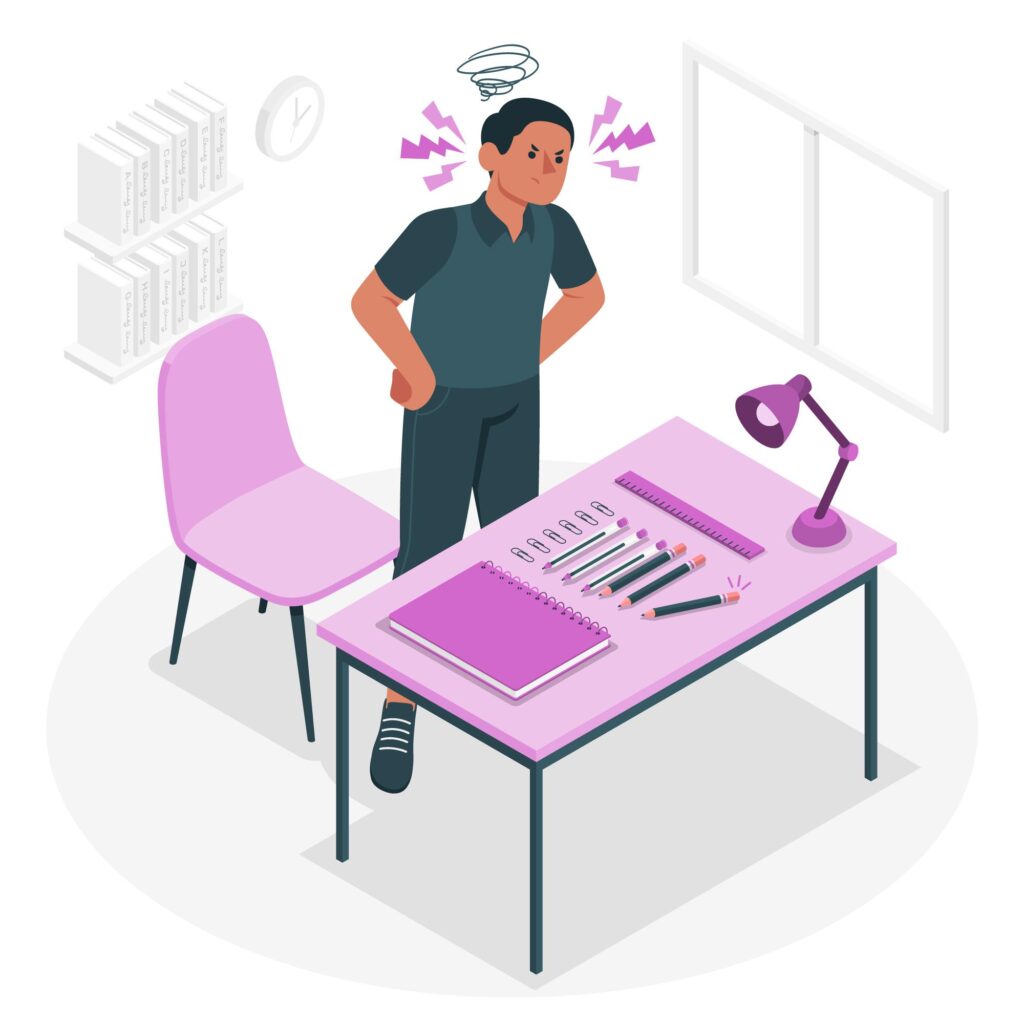
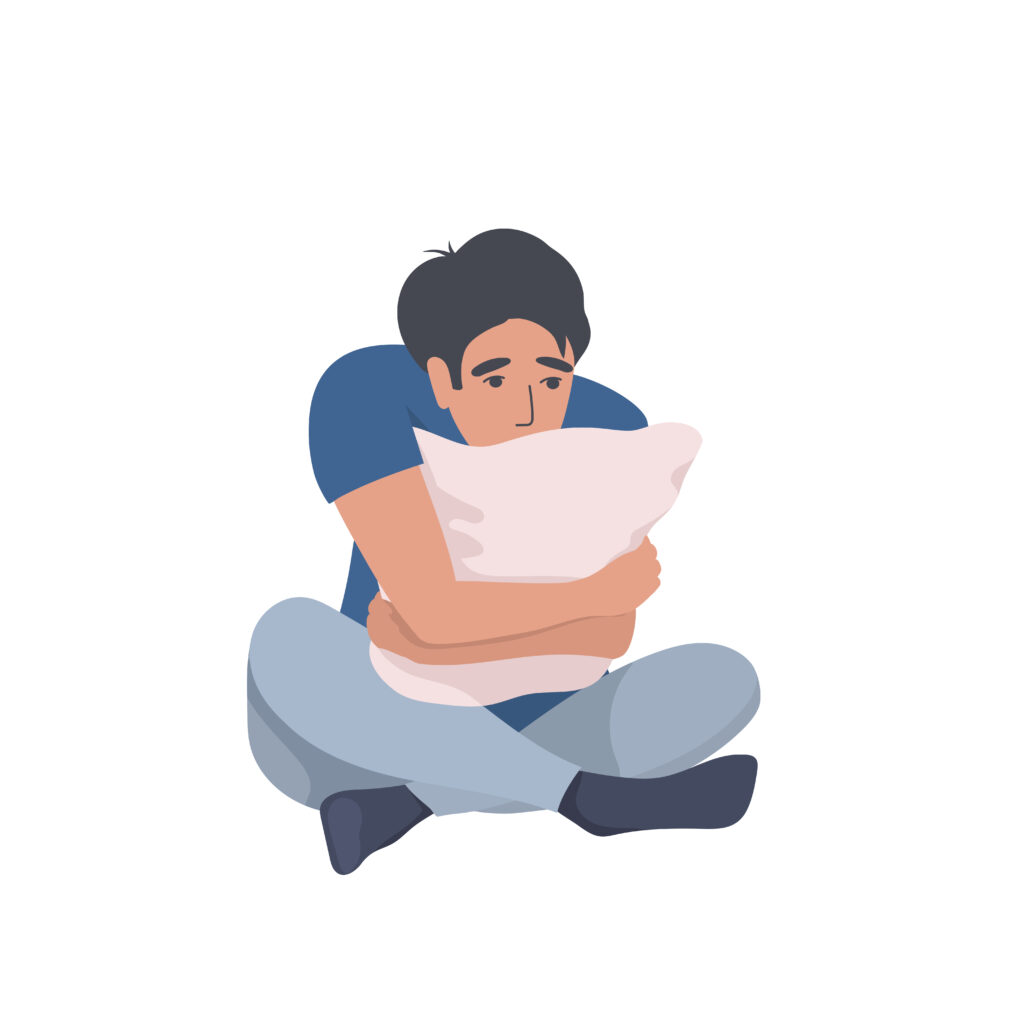
Depression & suicidal behaviour
Depression is a mental illness that causes persistent feelings of sadness and loss of interest in daily activities. Suicidal behavior can be a complication of depression and may include thoughts, plans, or attempts to end one's life. Treatment for depression and suicidal behavior typically involves therapy, medication, and support from loved ones.
Anger management
Anger management is a set of techniques and strategies used to control and regulate one's emotions of anger. It typically involves identifying triggers, practicing relaxation techniques, improving communication skills, and developing problem-solving abilities. Anger management therapy is effective in reducing aggression, improving relationships, and enhancing overall well-being.
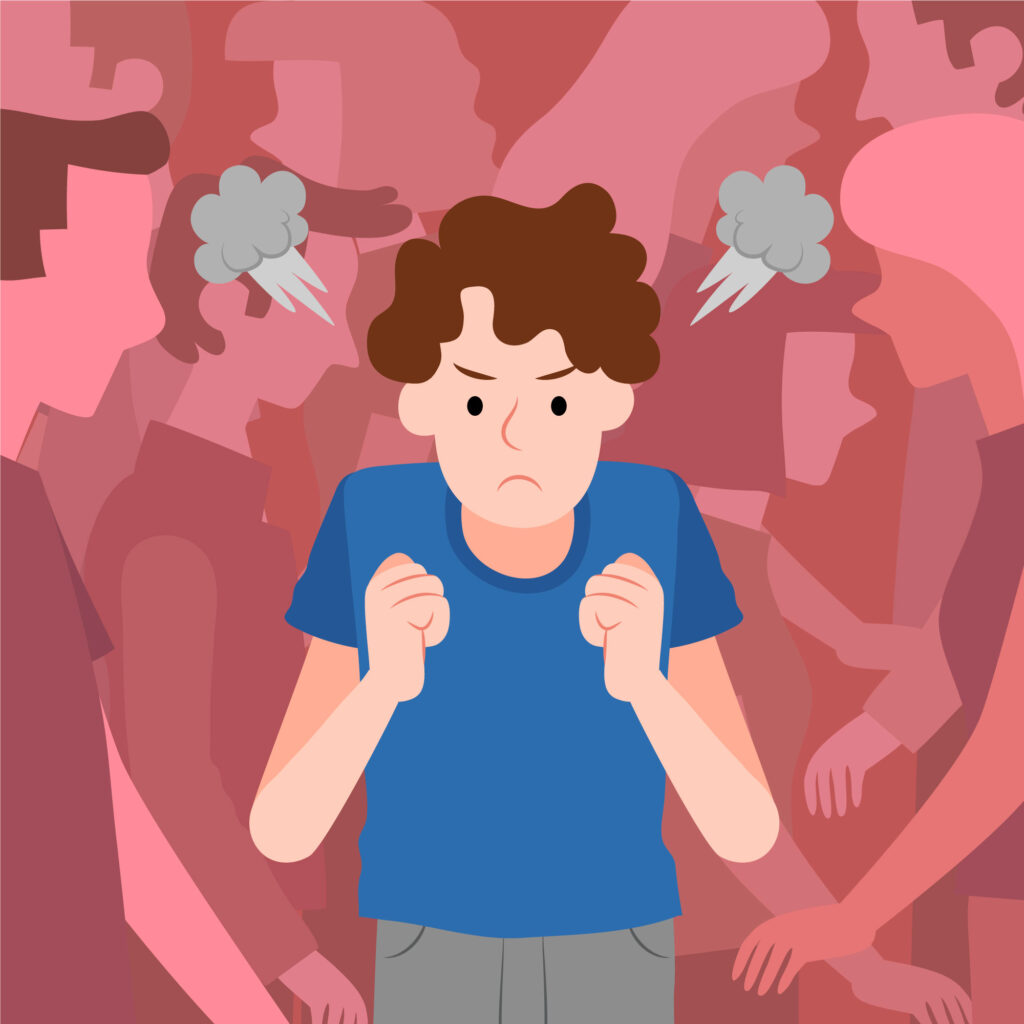
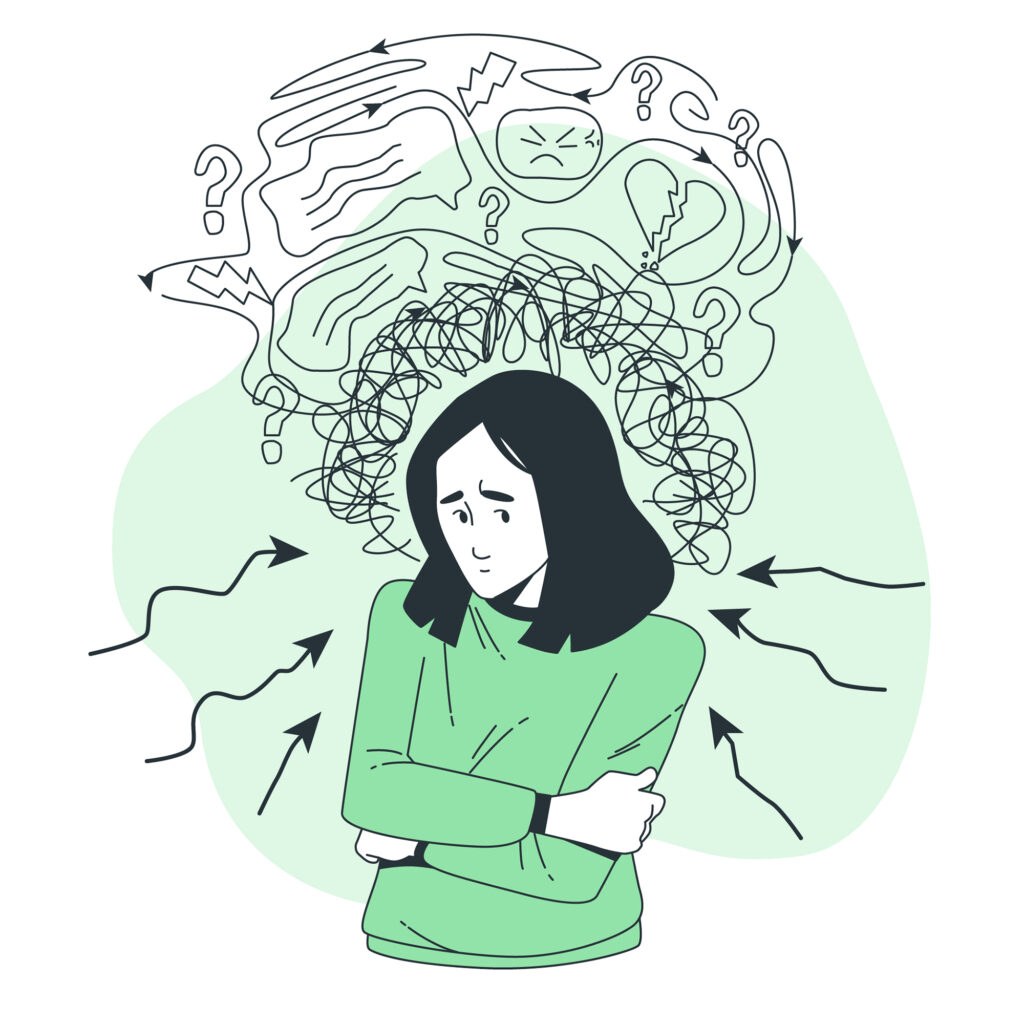
Anxiety disorder
Anxiety disorder is a mental health condition characterized by persistent feelings of fear, worry, or dread. Symptoms can include panic attacks, obsessive thoughts, avoidance behaviors, and physical symptoms such as sweating or trembling. Treatment options include therapy, medication, and lifestyle changes. With appropriate treatment, most people with anxiety disorder can manage their symptoms effectively and lead fulfilling lives.
Headache & migraine problem
Headache and migraine are common neurological conditions characterized by pain and discomfort in the head or neck. A thorough assessment and evaluation by a psychiatrist can help determine the best course of treatment for individuals experiencing these conditions.
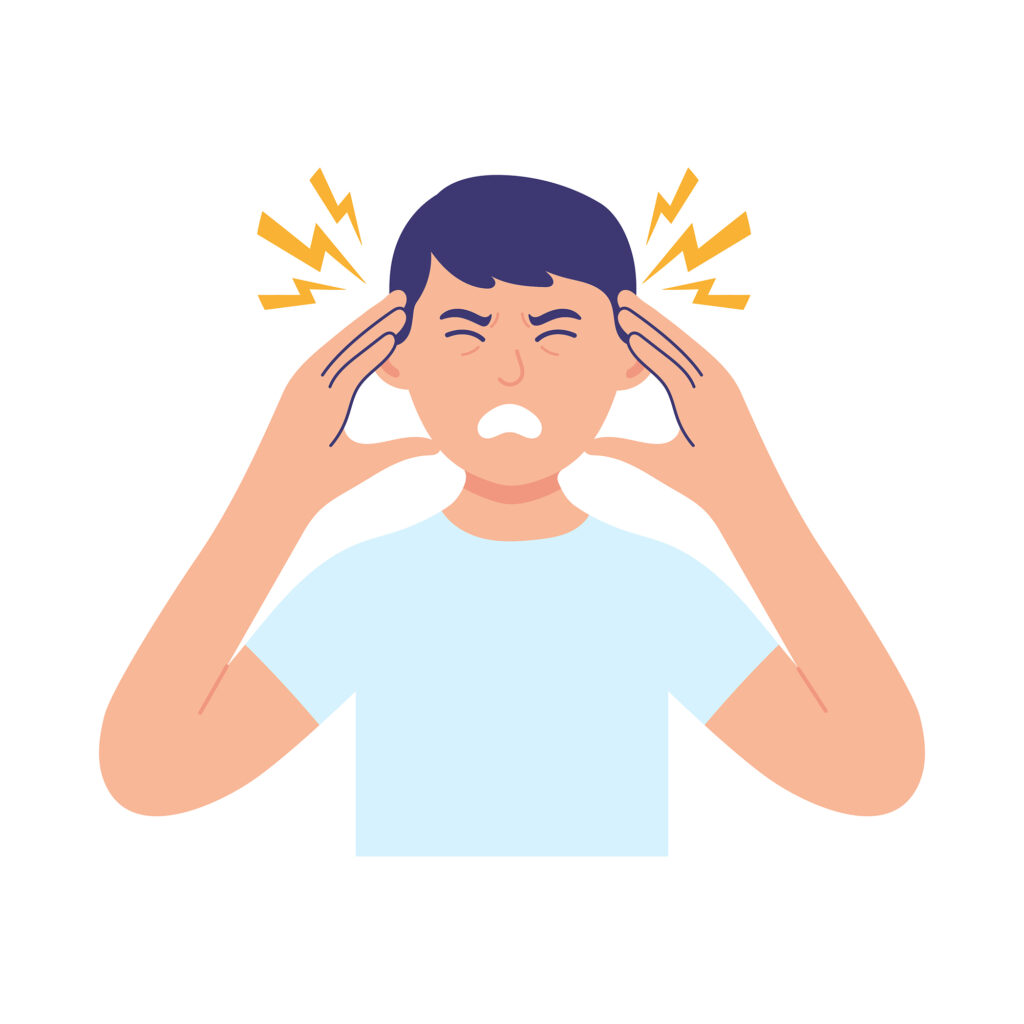

Fit or seizure disorder, hysteria
A thorough evaluation by a psychiatrist can help determine the most effective treatment plan for individuals experiencing these conditions.
Alcohol de-addiction, drug de-addiction
Alcohol and drug addiction are complex mental health conditions that can cause significant distress and impair daily functioning. Treatment for addiction typically involves a combination of medications, psychotherapy, and support groups. Medications can help manage withdrawal symptoms and reduce cravings, while therapy can address the underlying causes of addiction and provide coping strategies. A thorough evaluation by a psychiatrist can help determine the best course of treatment for individuals seeking alcohol or drug de-addiction.
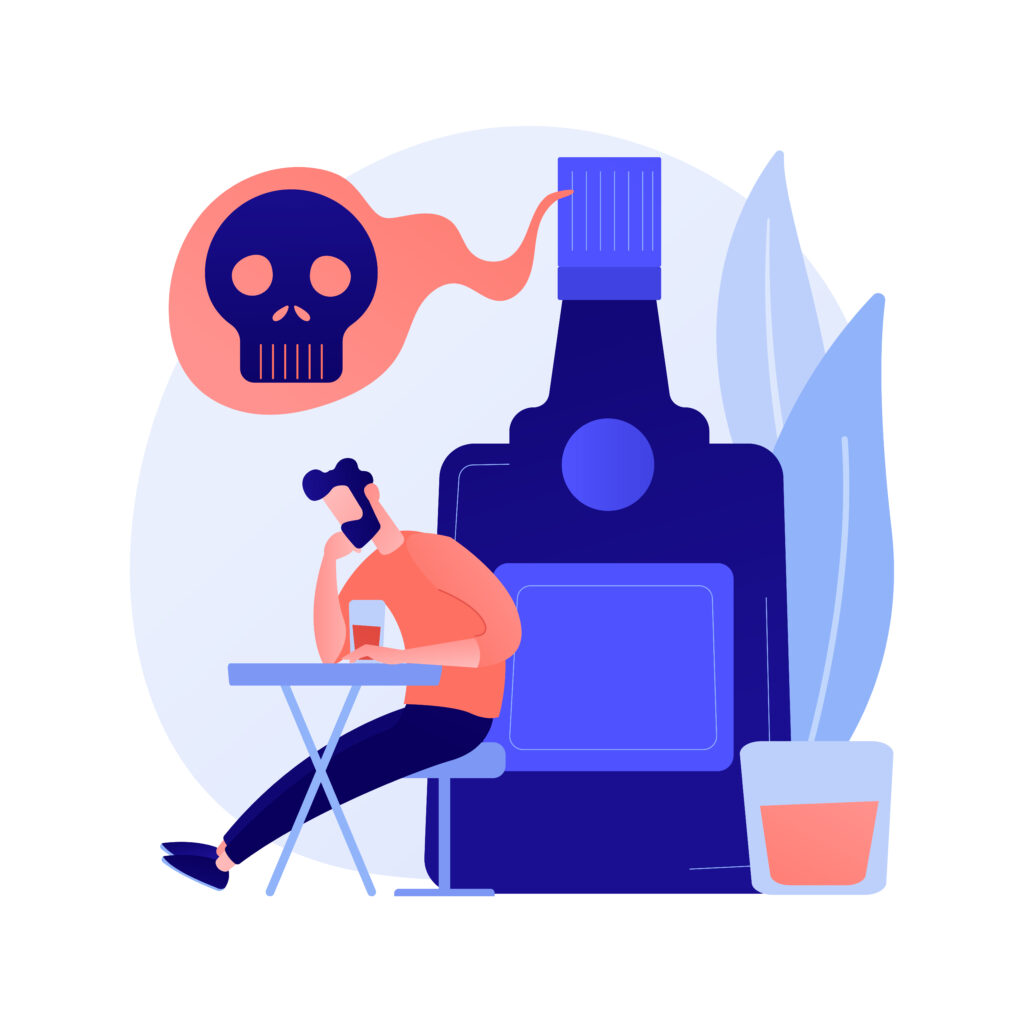
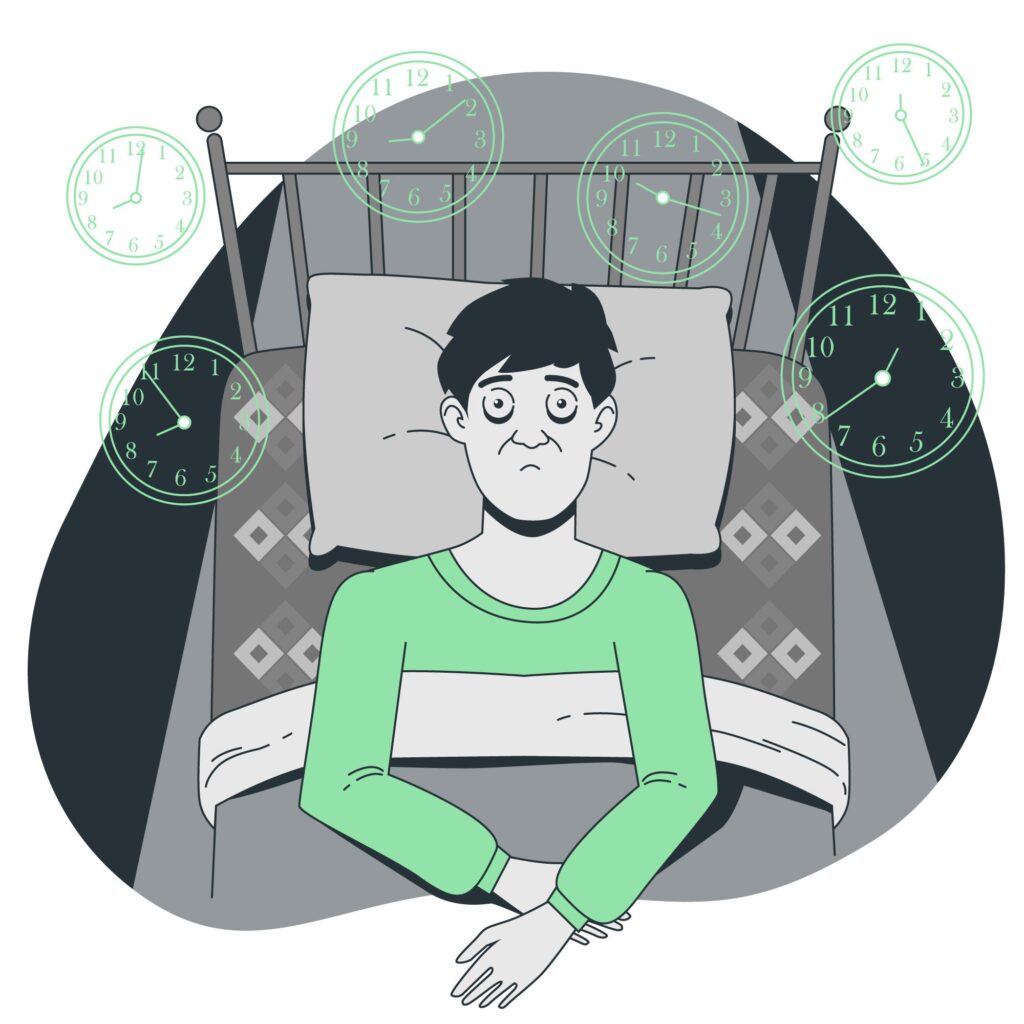
Sleeping disorder, insomnia
Sleeping disorders include insomnia and sleep apnea. Treatment may involve medication, behavioral therapy, and lifestyle changes. Psychiatric treatment can address underlying causes and provide interventions to improve sleep quality.
Stress management
While medication can be prescribed by a psychiatrist to reduce stress symptoms, it is typically most effective when used in combination with therapy and lifestyle changes. A thorough assessment can help determine the best course of treatment for individuals experiencing stress.

Bipolar disorder
Bipolar disorder is treated with medication such as mood stabilizers, antipsychotics, and antidepressants, alongside therapy and lifestyle changes. Treatment should be personalized and prescribed by a psychiatrist.
Child and adolescent behavioural problems
Child and adolescent behavioral problems can include ADHD, conduct disorder, and oppositional defiant disorder. Psychiatric treatment may involve medications such as stimulants, antidepressants, or antipsychotics. However, therapy and behavior modification techniques are also essential components of treatment. A thorough evaluation by a child psychiatrist can help determine the most effective treatment plan.
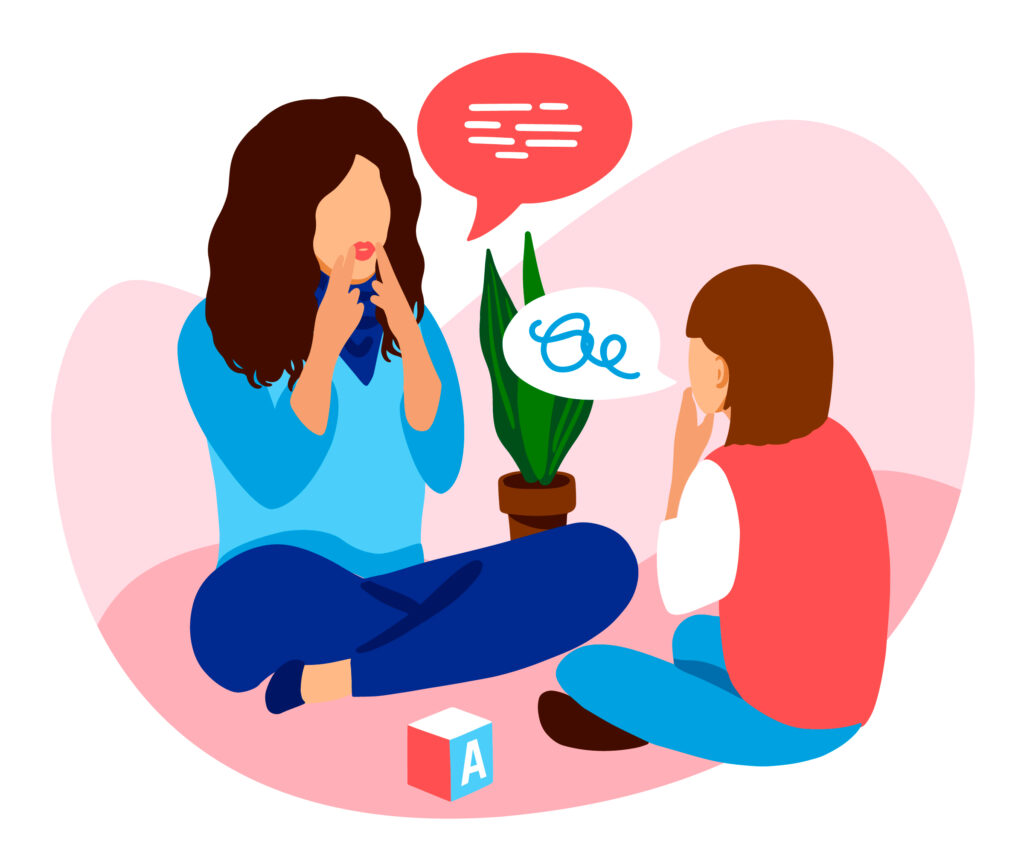

Dementia, Old age behavioural problems
Dementia and old age behavioral problems can include agitation, aggression, and depression. Psychiatric treatment may involve medications such as antipsychotics, antidepressants, or mood stabilizers. However, non-pharmacological interventions, including therapy and behavioral interventions, are also important. A thorough evaluation by a psychiatrist can help determine the most effective treatment plan.
Unexplained physical symptoms & body ache
Unexplained physical symptoms and body aches can be associated with somatic symptom disorder. Psychiatric treatment may involve therapy, medication, and lifestyle changes. A psychiatrist can provide a thorough evaluation to determine the most effective treatment plan. Treatment aims to address underlying psychological factors contributing to physical symptoms.
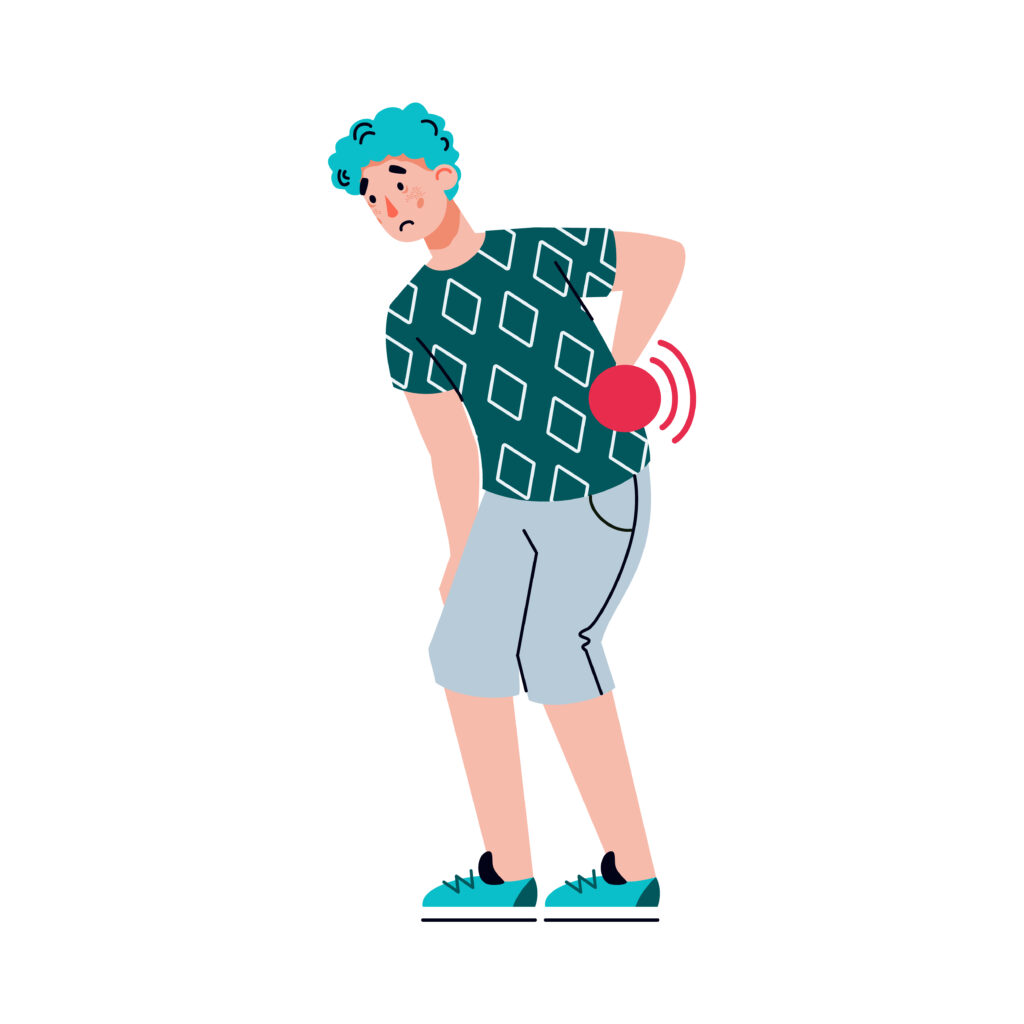

Schizophrenia
Schizophrenia is a severe and chronic mental health condition characterized by delusions, hallucinations, disordered thinking and behavior, and a reduced ability to experience pleasure. Treatment typically involves a combination of antipsychotic medication and therapy, such as cognitive-behavioral therapy or family therapy. A thorough assessment by a mental health professional can help determine the best course of treatment for individuals with schizophrenia. Treatment can be highly effective in managing symptoms and improving quality of life.
Sexual problems
Sexual problems can include low libido, erectile dysfunction, and premature ejaculation. Psychiatric treatment may involve therapy and medications such as antidepressants, mood stabilizers, or anti-anxiety medications. A thorough evaluation by a psychiatrist can help determine the most effective treatment plan. Treatment aims to address underlying psychological factors contributing to sexual problems.
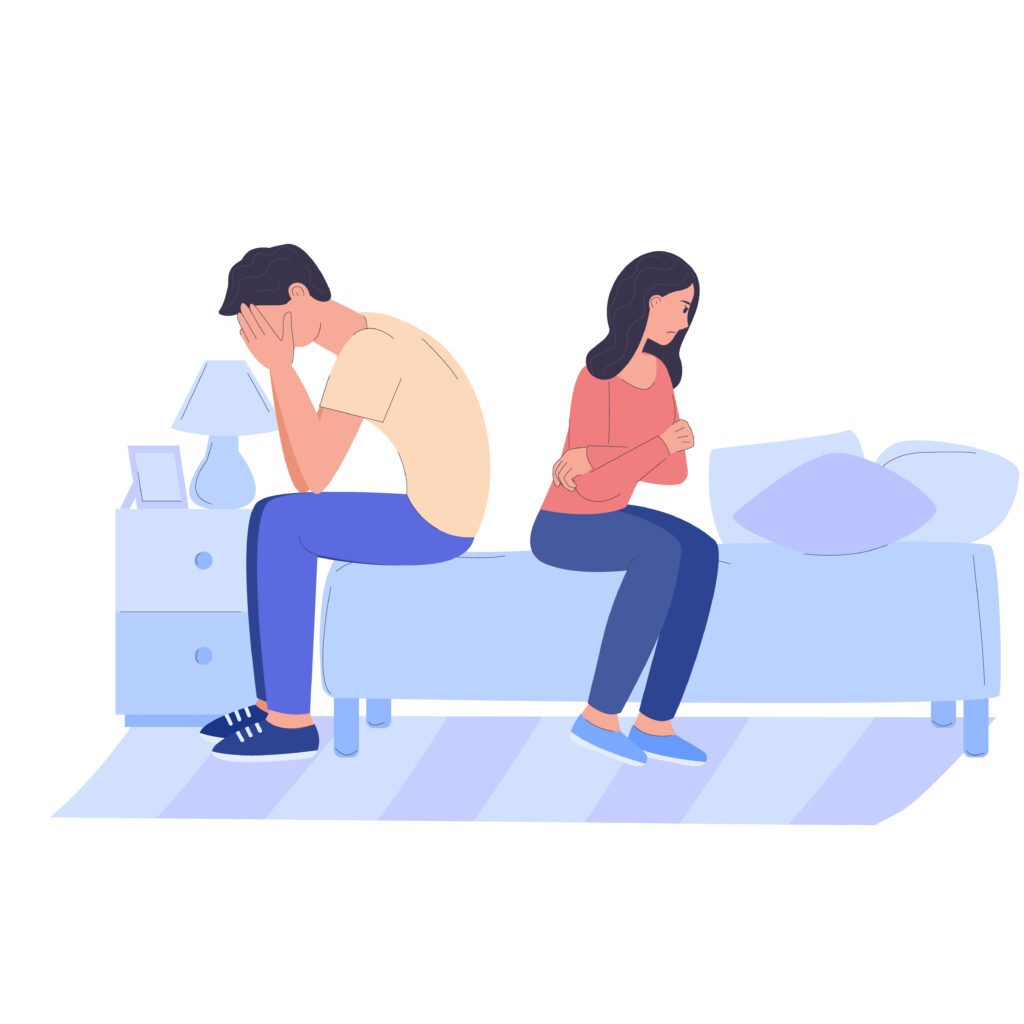
Address List
-
Arati Polyclinic,
2/6A, Naktala Road,
Kolkata - 700047 - +91-94336-26443
- amitavadas16@gmail.com
